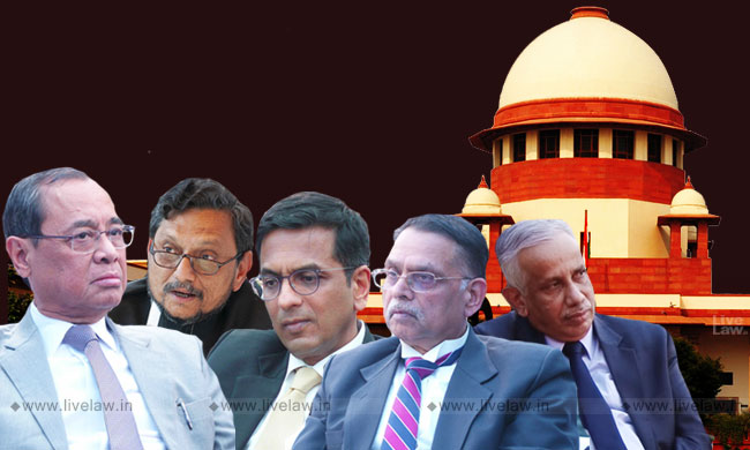- Home
- /
- Top Stories
- /
- Ayodhya Hearing : Key Arguments...
Ayodhya Hearing : Key Arguments Made By Parties In SC
LIVELAW NEWS NETWORK
9 Nov 2019 7:46 AM IST
The key arguments made by the parties in the Ayodhya-Babri Masjid title dispute case are summarized below :Arguments by Ramlalla, Nirmohi Akhara etc.The main Hindu parties in the case were Ramlalla Virajman (the deity), Nirmohi Akhara and the legal representatives of Gopal Singh Visharad, a believer who filed a suit in 1950 seeking right of worship in the disputed land.The main points urged...
Next Story



